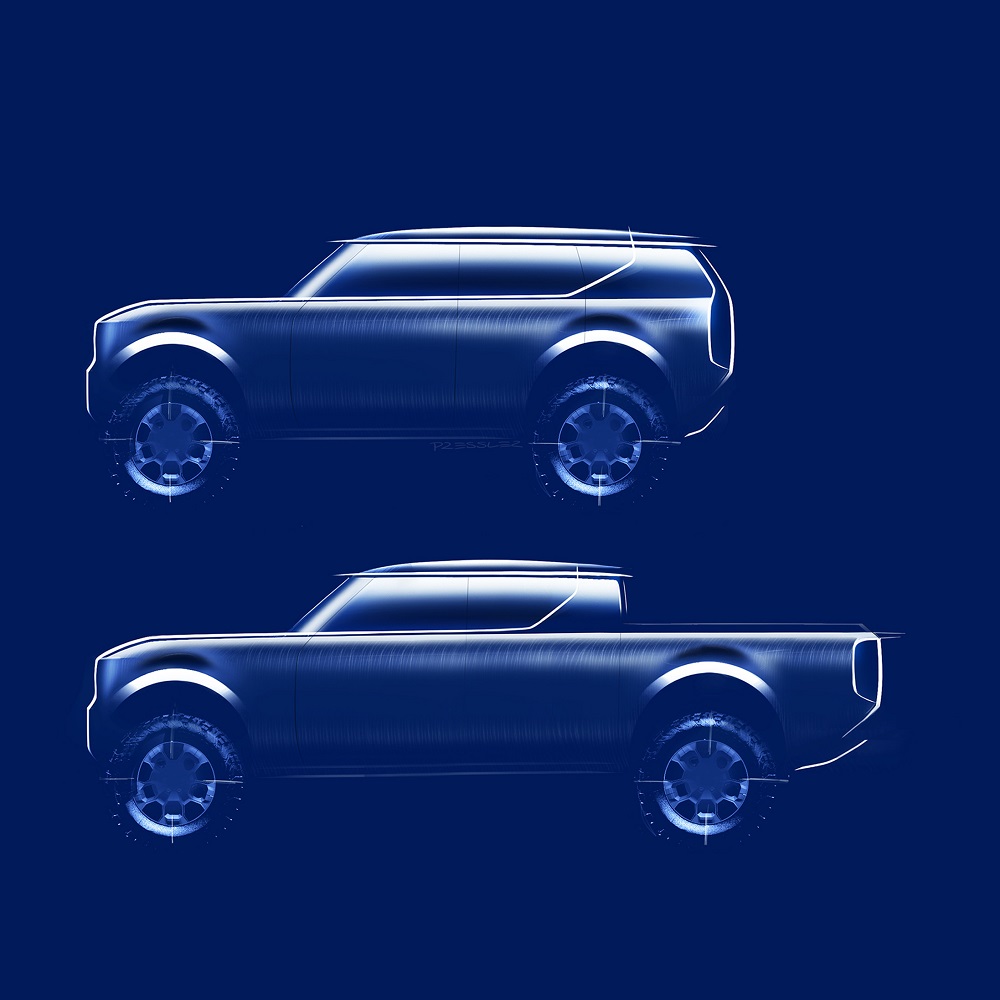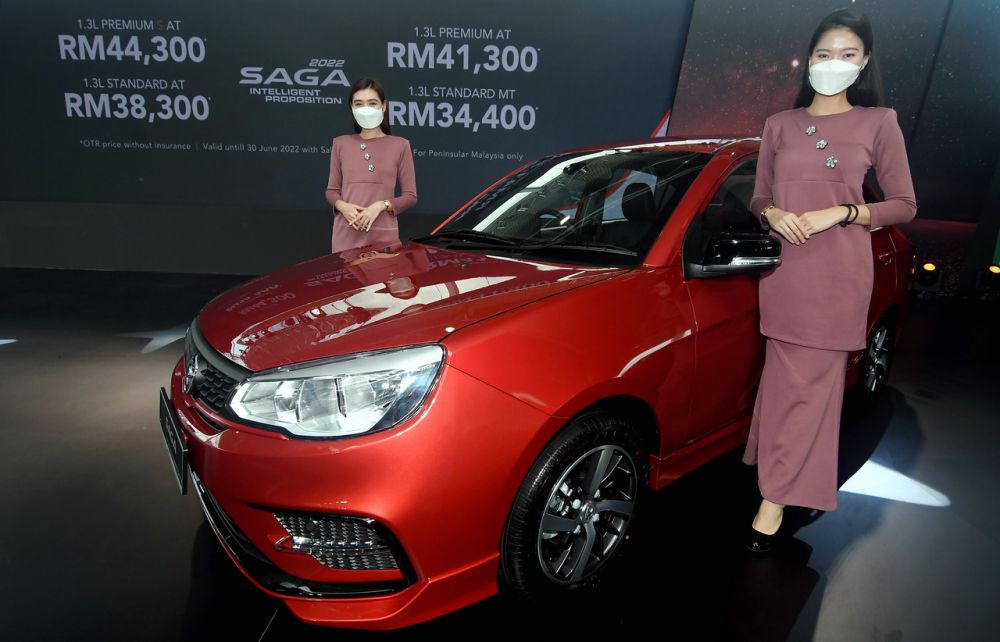TOKYO, Sept 24 — Tokyo’s taxi companies will shift as much as 30 per cent of their fleets to an LPG-powered hybrid from Toyota Motor Corp by 2020, raising the bar for the world’s biggest cities in their bids to reduce emissions from cabs.
The companies will begin buying Toyota’s JPN Taxi hybrid from 2018, in time for the Tokyo Olympic Games two years later, according to Ichiro Kawanabe, chairman of the Tokyo Hire-Taxi Association, which represents the city’s cab firms and helps sets industry standards. The wheelchair-friendly car will be more fuel efficient and cleaner than the Prius and sell for about ¥3 million (RM109,330), he estimated.
Tokyo and Toyota are under pressure to showcase greener technology for the taxi fleet as cities globally move toward cleaner models to improve fuel efficiency and reduce urban pollution. Nissan Motor Co has said it’s exploring hybrid and electric taxis for New York, London and Paris. Zhejiang Geely Holding Group, which rescued the maker of London’s iconic black cabs in 2013, is developing new electric versions.
“After seeing all the effort Toyota made, I feel I have to buy them as much as possible,” Kawanabe said, recounting at least 10 encounters with teams of Toyota engineers studying how existing taxis are being used. “Everybody in our industry now has high expectations for JPN Taxi.”
Toyota showed a JPN Taxi concept two years ago at the Tokyo Motor Show. The car featured electronically operated sliding doors and a monitor beneath the moonroof displaying the fare, turn-by-turn navigation and the driver’s name and photo. It has been compared in appearance to the London black cab and has higher headroom than the Crown models that have been a mainstay of the city’s taxi fleet since the 1970s.
The taxi association will ask for government subsidies and tax reductions to support companies purchasing about 10,000 of the new cabs, said Kawanabe, who’s also president of Japan’s largest taxi company. Companies will eschew expensive, untested hydrogen-powered fuel-cell cars, or vehicles with short-range batteries that may hinder business because they take too long to charge, he said.
The choice of JPN Taxi may mean lost opportunities for mass orders of Toyota’s Mirai fuel-cell vehicle. The automaker has said it’s counting on government and businesses to be the early buyers, though it declined to say whether it’s pitching the Mirai to taxi companies.
At ¥7.24 million, Mirai costs more than twice the estimated price of the JPN Taxi. Durability of fuel-cell cars is unproven for use in taxis that can log 500,000 kilometres over five years, Kawanabe said.
The association’s plans are also a blow to Nissan. Its NV200 — New York’s Taxi of Tomorrow — number about 150 of Tokyo’s 43,000 cabs. Taxi companies may consider Tesla Motors Inc’s Model S electric car if it can go up to 600 kilometres between charges, Kawanabe said.
“We’ve discussed with Tesla a couple of times for chauffeur-driven cars, like a limousine-service type,” Kawanabe said. “It didn’t work out, but in the near future, maybe.” — Bloomberg






















